Trump's Deadline on Potential Iran Strike: A Critical Two-Week Window
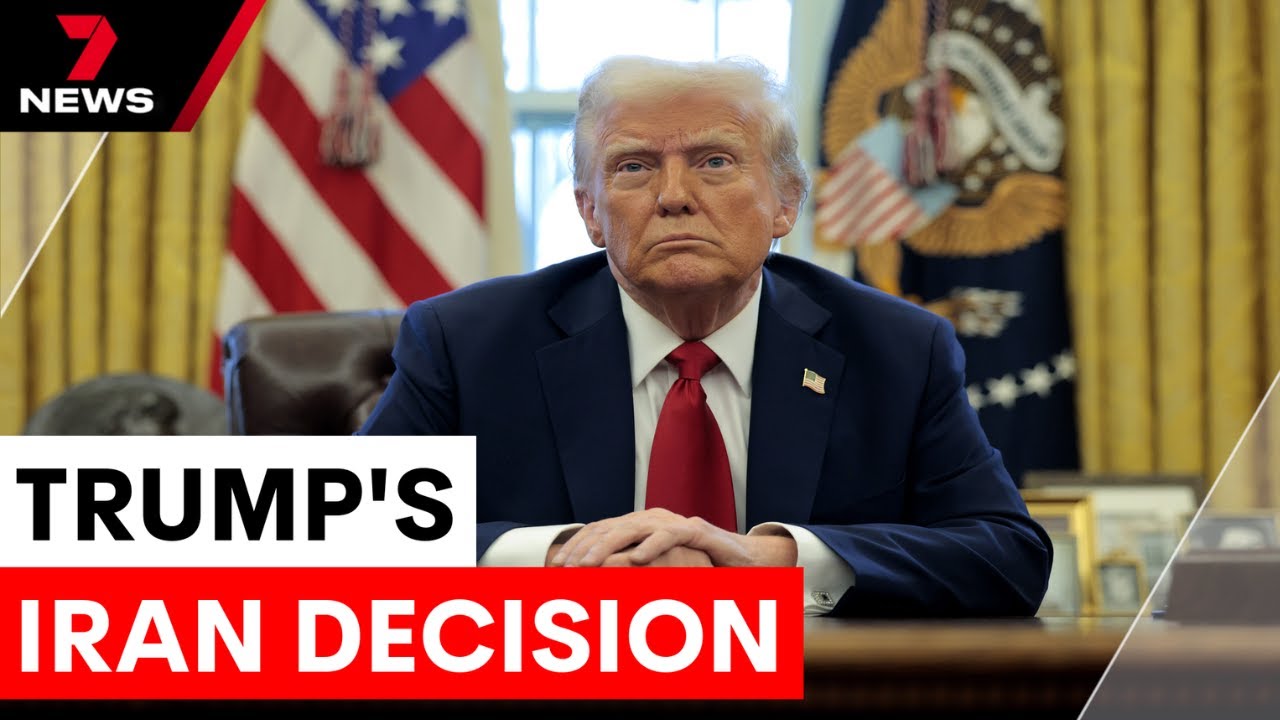
In a recent development closely watched by the international community, US President Donald Trump has announced a two-week deadline to decide whether the United States will launch a military strike against Iran’s nuclear facilities. This announcement comes after intensive deliberations with his top national security advisers at the White House situation room, marking a pivotal moment in US-Iran relations.
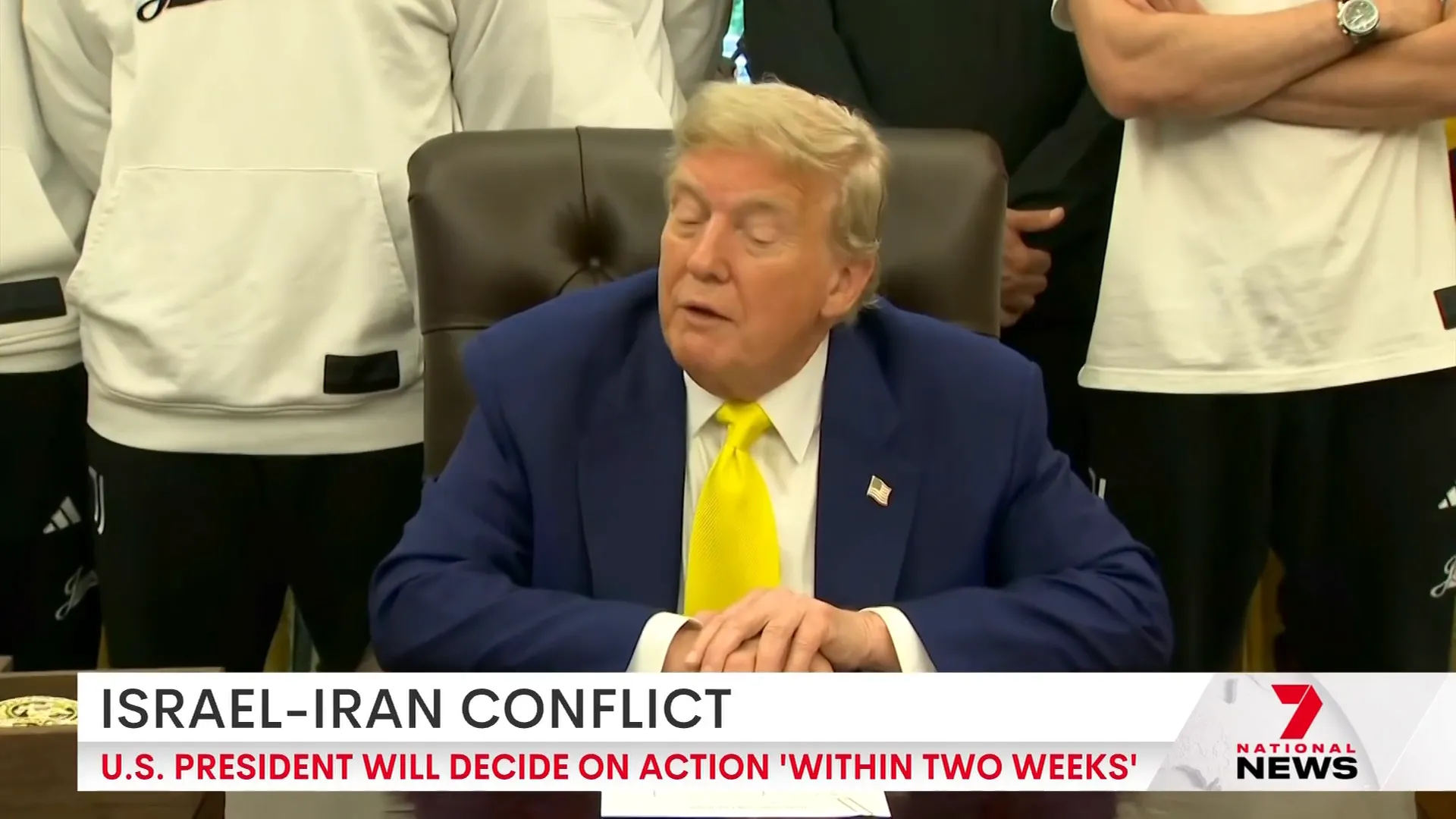
Table of Contents
- Diplomacy vs. Military Action: The President’s Deliberation
- Risks of Military Action: Potential Iranian Retaliation
- Conditions for Any Deal: Uranium Enrichment Ban
- Iran’s Perspective: Cautious Vigilance
- International Diplomatic Efforts: UK and European Engagement
- Conclusion: A Pivotal Moment for US-Iran Relations
- Frequently Asked Questions
Diplomacy vs. Military Action: The President’s Deliberation
For several days, President Trump has been weighing the grave decision of whether to use American military force against Iran. His administration faces the complex challenge of balancing a potential strike that could halt Iran’s nuclear ambitions against the risks of triggering a broader conflict in the Middle East.
According to statements from the White House press secretary, the president appears to be giving diplomacy a chance. Trump himself stated, "Based on the fact that there's a substantial chance of negotiations that may or may not take place with Iran in the near future, I will make my decision whether or not to go within the next two weeks." This quote underscores a cautious approach that leaves room for negotiations before any military action is taken.
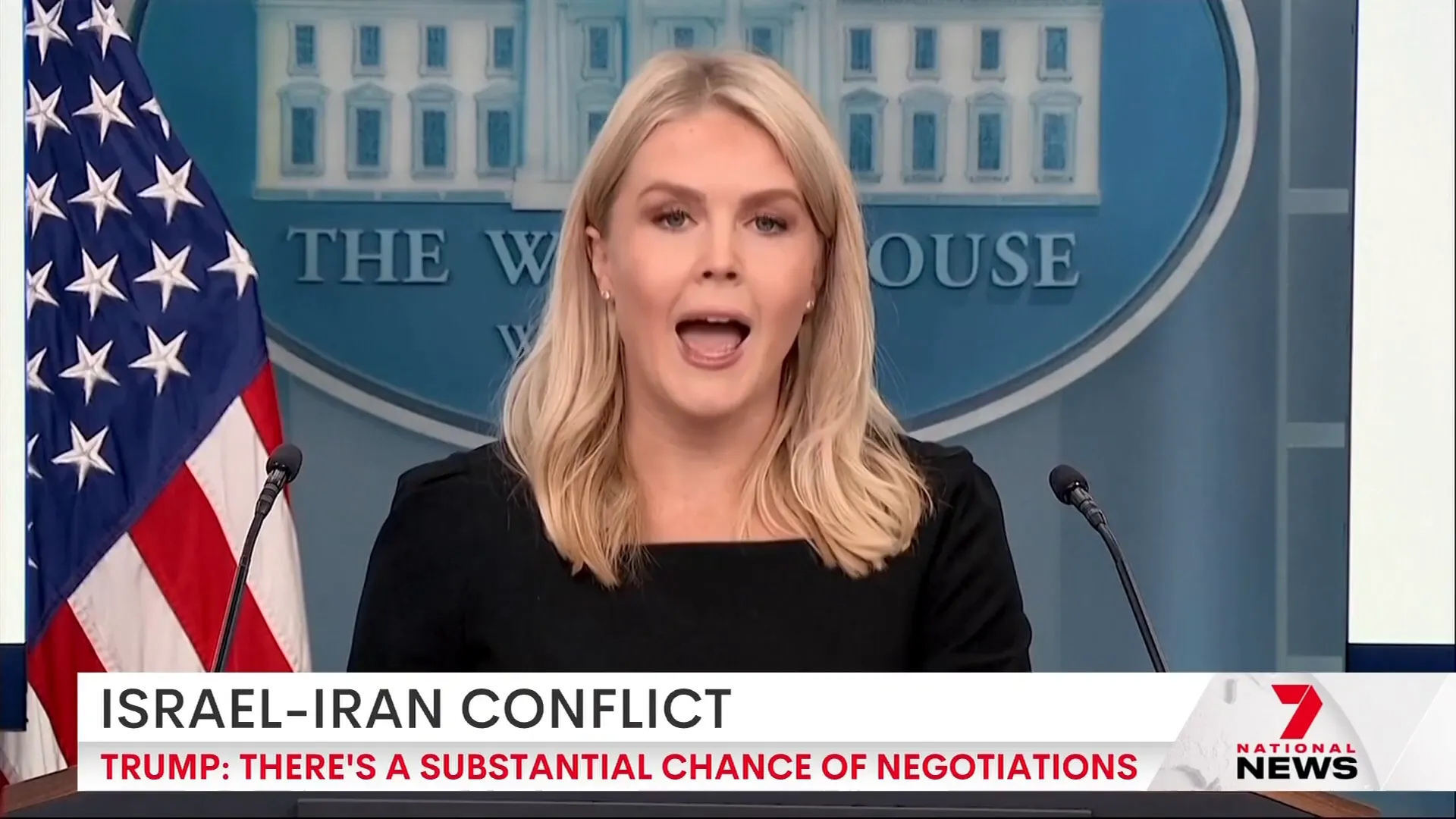
Risks of Military Action: Potential Iranian Retaliation
Launching a strike against Iran’s nuclear facility is not without significant risks. Iranian retaliation could be swift and severe, potentially involving attacks on US military bases in the region. Such a response could escalate into a larger foreign war, a scenario President Trump has repeatedly expressed a desire to avoid.
The president reportedly listens to all voices across the country and makes decisions based on his instincts, with diplomacy consistently cited as his primary option. However, the uncertainty surrounding Iran’s response remains a critical factor in the decision-making process.
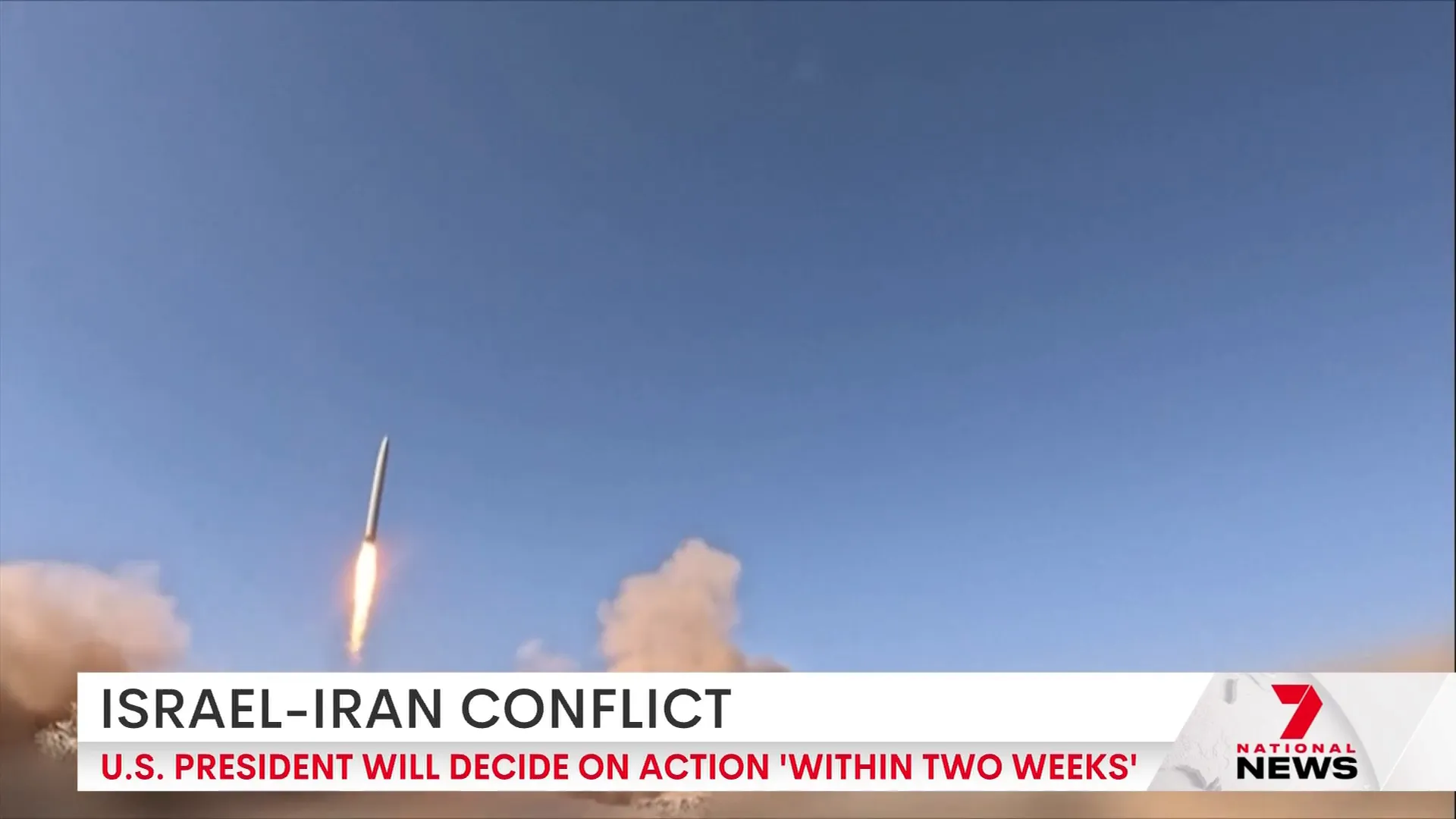
Conditions for Any Deal: Uranium Enrichment Ban
US officials have made it clear that any potential agreement with Iran must include a strict ban on uranium enrichment. This condition is crucial to blocking Iran’s path to developing a nuclear weapon. The goal is to ensure that Iran’s nuclear program remains peaceful and to prevent any future threat to global security.
Despite this clarity on the conditions, the outcome of the two-week deadline remains uncertain. It is not yet known whether the US will proceed with an attack or what form such an attack might take if it occurs.
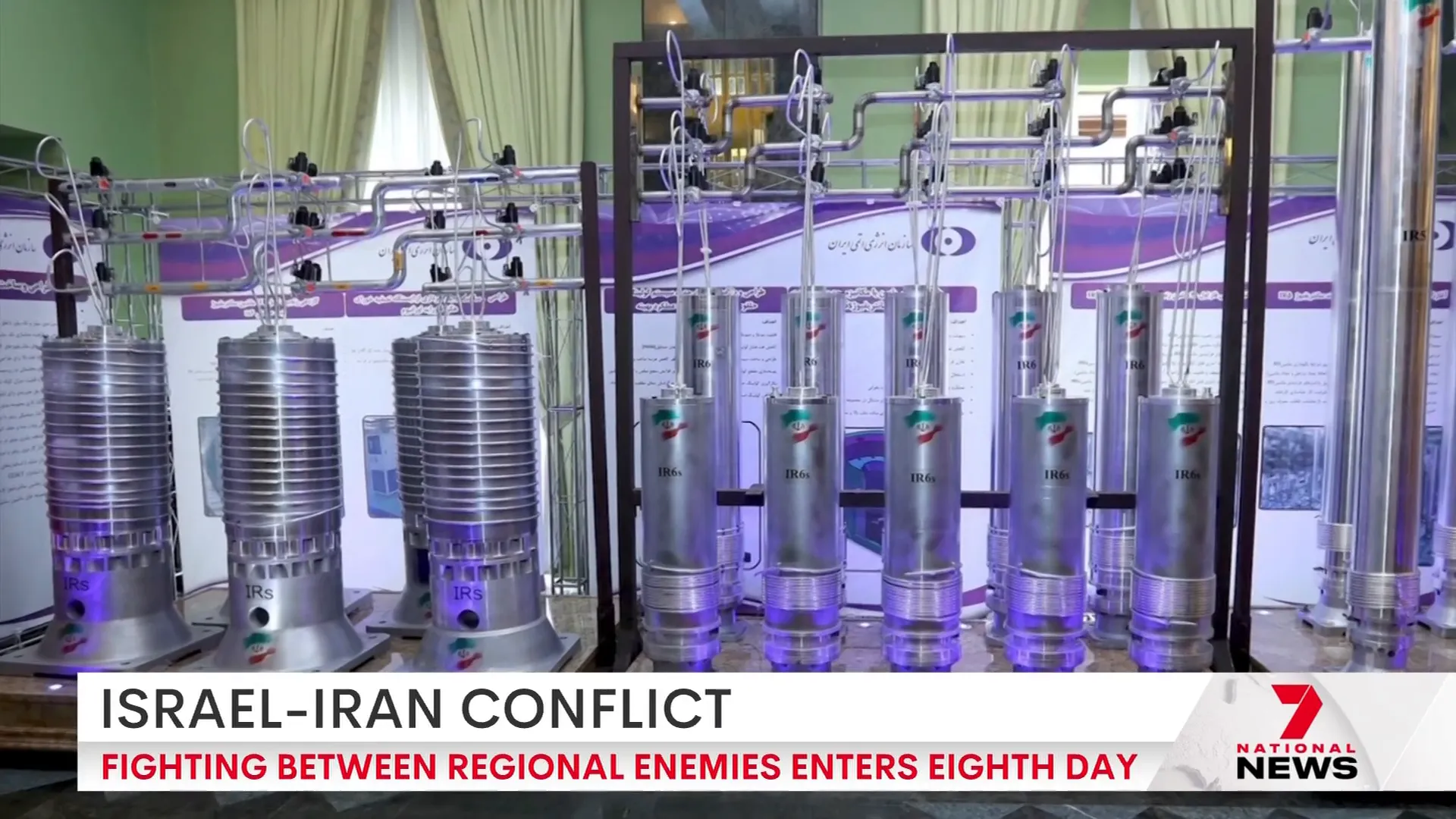
Iran’s Perspective: Cautious Vigilance
Iranian officials are reportedly viewing the two-week window with caution. There is speculation within Iranian circles that this timeline could be a strategic tactic by the US—possibly a distraction or a means to buy time before a potential strike. This atmosphere of suspicion adds another layer of complexity to the already tense situation.
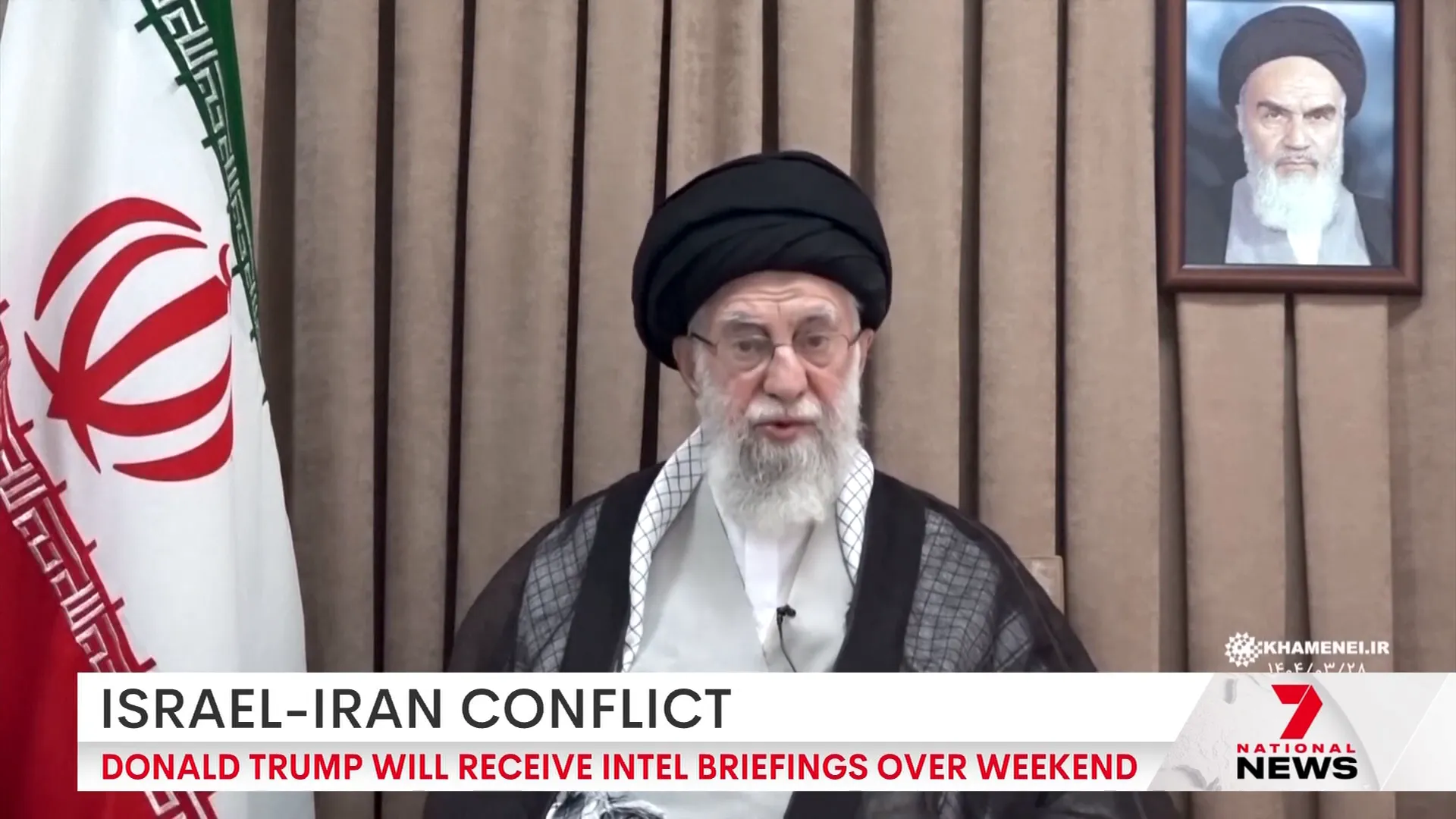
International Diplomatic Efforts: UK and European Engagement
Adding a diplomatic dimension to the unfolding story, the United Kingdom’s foreign minister recently visited Washington to meet with US officials. This meeting is significant because it precedes a critical gathering scheduled for the following day in Geneva, where the UK foreign minister and other European representatives are set to meet with an Iranian delegation.
This Geneva meeting marks the first time Western officials will engage directly with Iran since the conflict began, signaling a possible opening for dialogue or negotiation that could influence the US decision within the coming weeks.
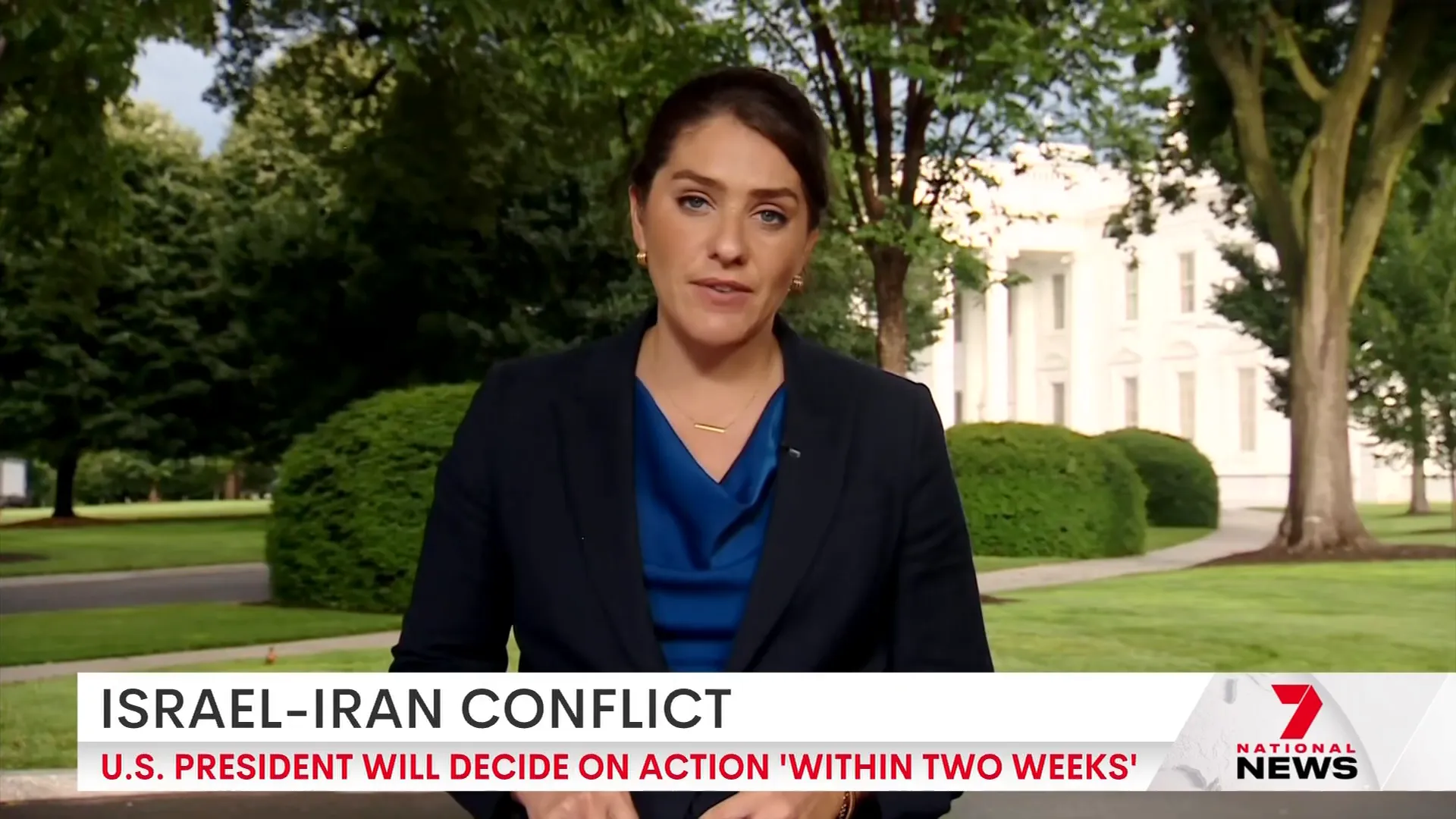
Conclusion: A Pivotal Moment for US-Iran Relations
The next two weeks represent a crucial period in determining the future of US-Iran relations. President Trump’s decision could either pave the way for renewed diplomatic negotiations or escalate into military conflict with far-reaching consequences. The international community watches closely as diplomacy and defense considerations weigh heavily on the balance.
Frequently Asked Questions
What is the significance of the two-week deadline set by President Trump?
The two-week deadline is the timeframe President Trump has given himself to decide whether to authorize a military strike on Iran’s nuclear facilities or pursue diplomatic negotiations.
Why is the US concerned about Iran’s uranium enrichment?
The US wants to prevent Iran from enriching uranium to levels that could enable the development of nuclear weapons, which would pose a significant security threat.
What are the risks if the US decides to attack Iran?
An attack could provoke Iranian retaliation, possibly targeting US military bases in the Middle East, which might escalate into a broader conflict.
What role are European countries playing in this situation?
European officials, including the UK foreign minister, are engaging with Iran diplomatically in Geneva, aiming to explore negotiation possibilities and reduce tensions.
Is diplomacy still an option according to President Trump?
Yes, President Trump has emphasized that diplomacy is his first option and is reportedly considering negotiations before making any final decisions.